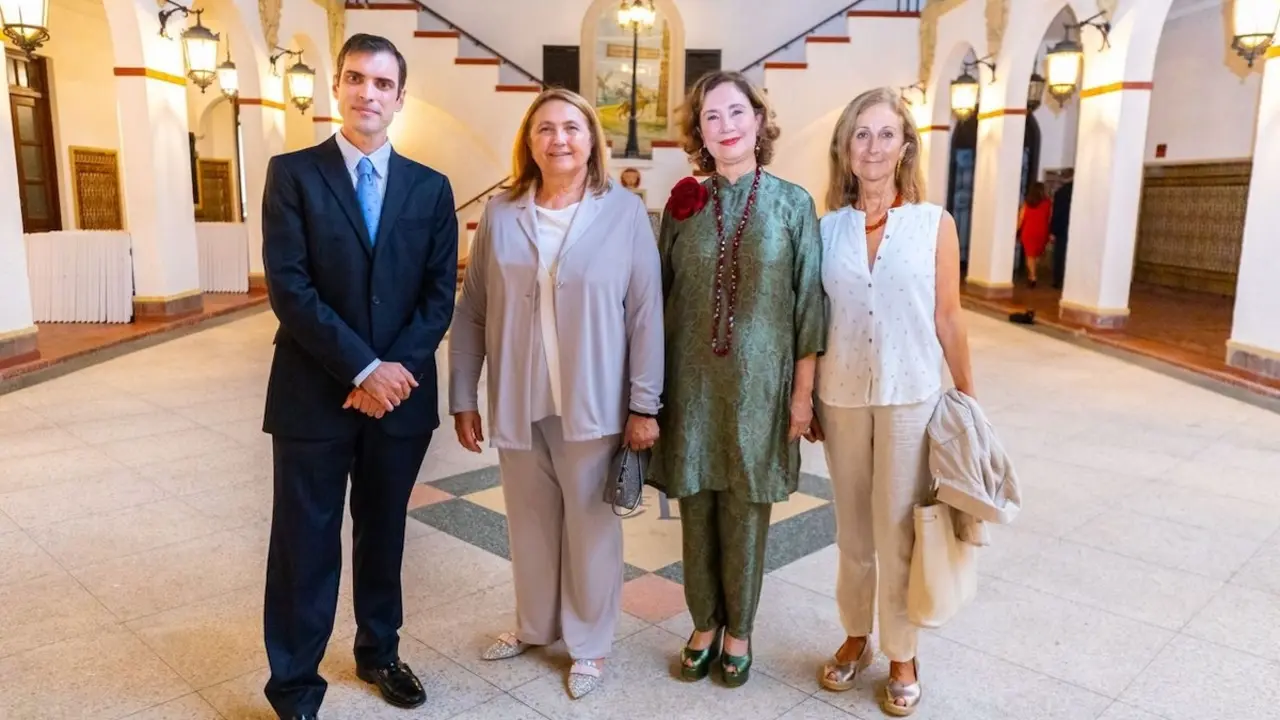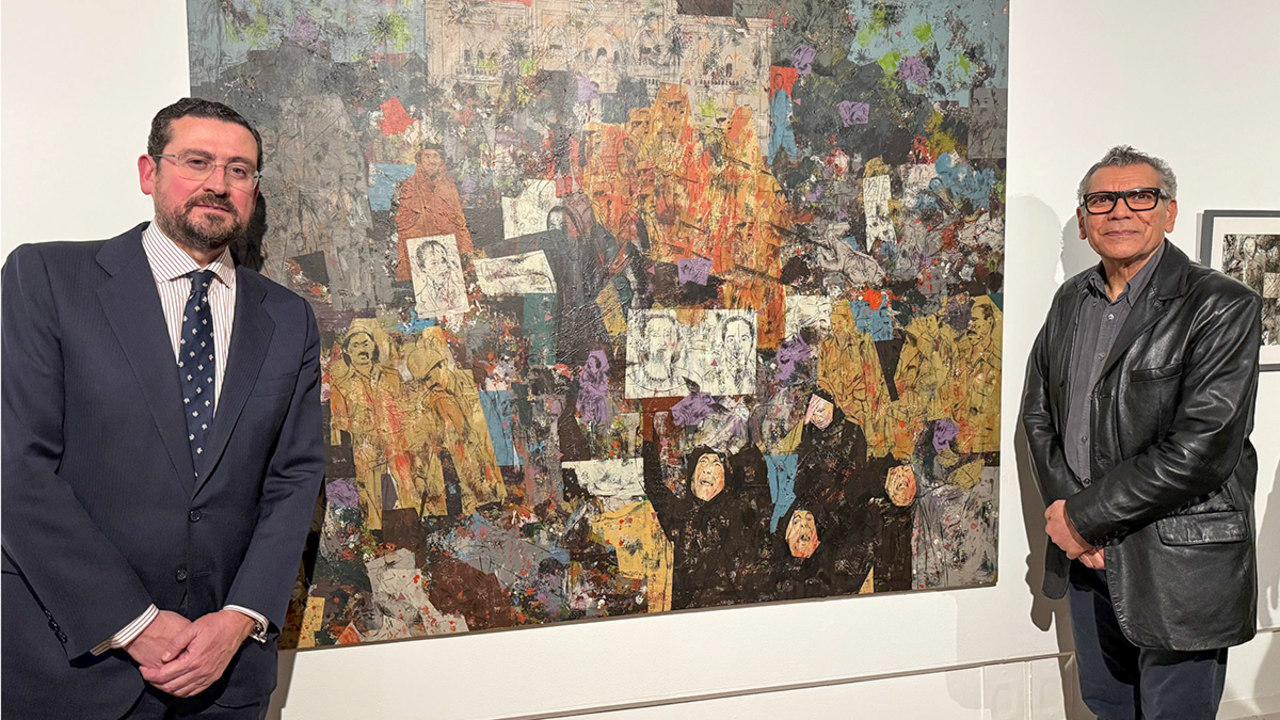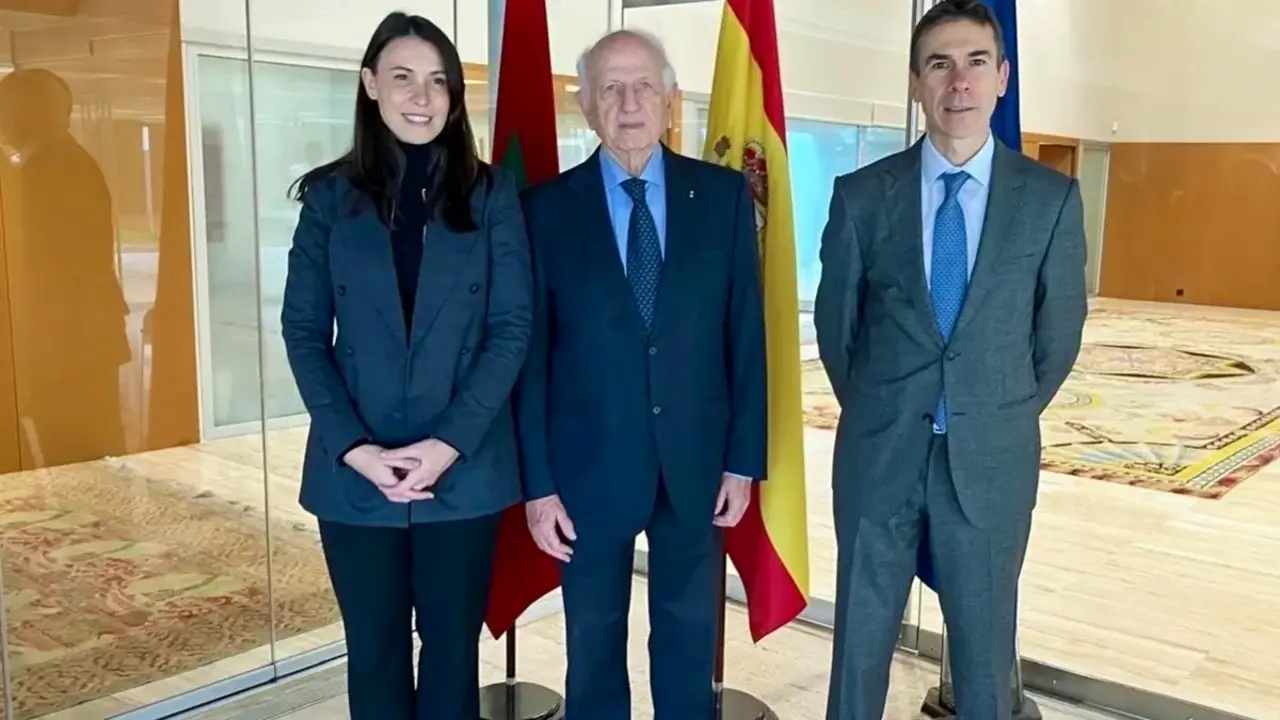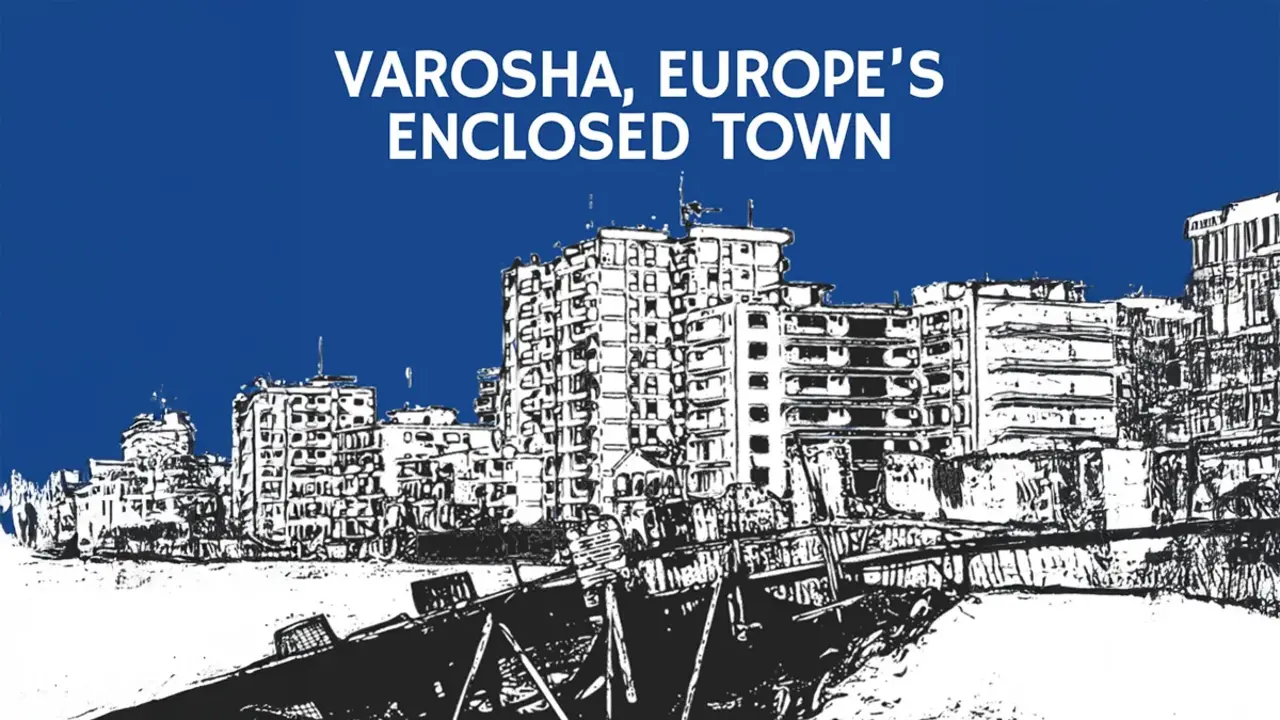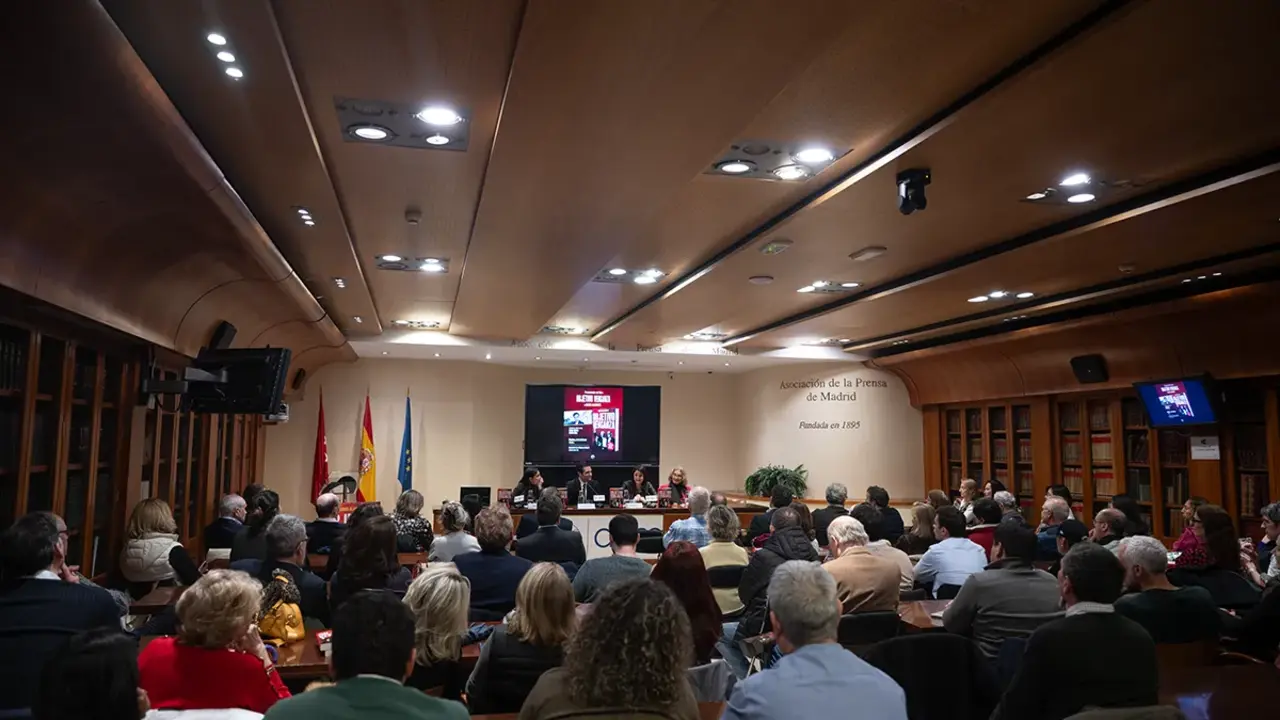Memory, geopolitics and sovereignty: critical essays
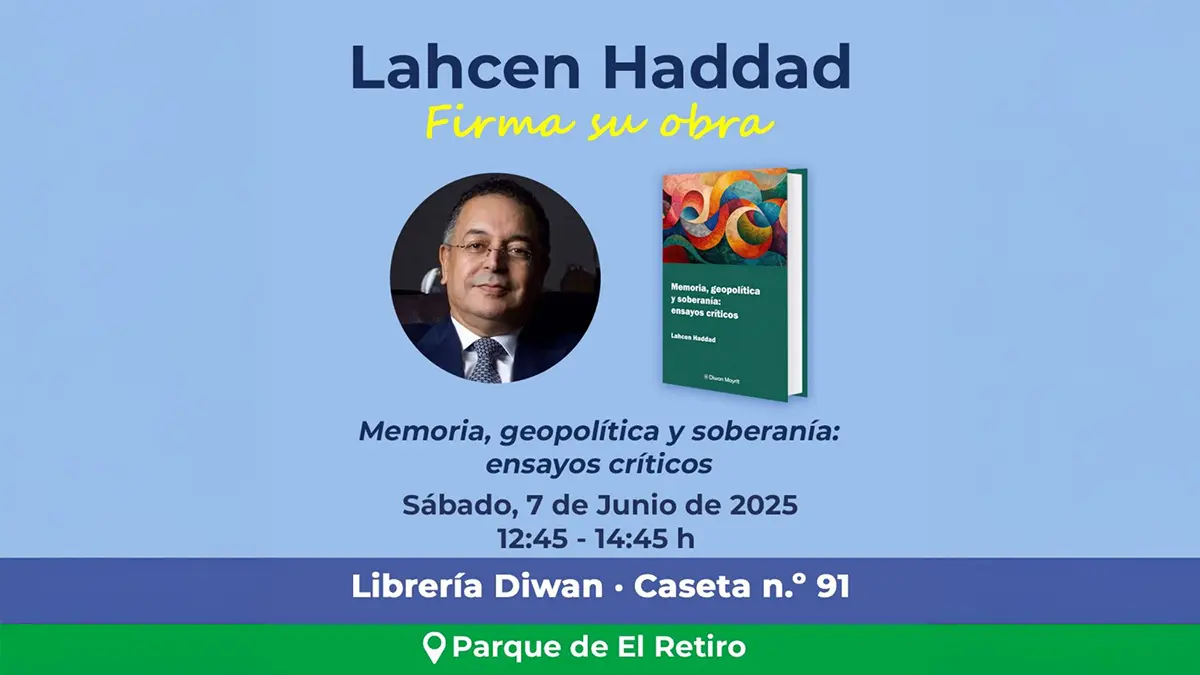
In Memory, Geopolitics and Sovereignty, Lahcen Haddad offers a critical, strategic and deeply argued reading of the historical, diplomatic and narrative dynamics surrounding the position of the Kingdom of Morocco on the international stage. Through forty essays, the author dismantles myths, denounces double standards and proposes a sovereign, historical and modern vision of Morocco's role in Africa, the Mediterranean and the world.
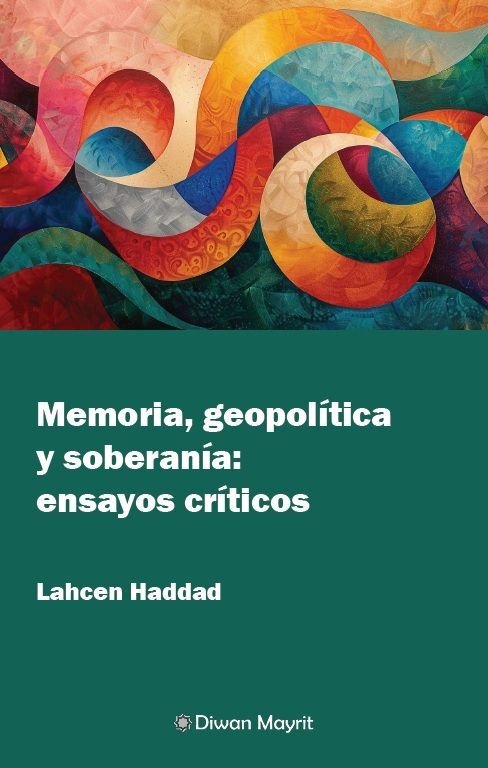
The central theme of the book is the question of the Sahara. Haddad defends Moroccan sovereignty as a historical, civilisational and geopolitically necessary fact. Faced with accusations of colonisation or expansionism, he argues that Morocco is the legitimate heir to a historical continuity (like that of the Almoravids) and that its presence in the Sahara is not motivated by colonial ambitions but by the need to stabilise and develop the region. He harshly criticises the Polisario Front and Algeria, which he accuses of exploiting human rights, manipulating the international community and keeping the Sahrawi people in the Tindouf camps under inhumane conditions and outside international law.
The author also denounces the ambiguous role of certain European media outlets, particularly Spanish and French ones, which perpetuate an anti-Moroccan narrative based on colonial prejudices, imperial nostalgia and unresolved historical rivalries. Coverage of the Green March, Melilla, Spain's recognition of the Sahara and the Pegasus case are analysed as symptoms of a distorted view that prevents Morocco from being seen as a modern, legitimate and necessary partner.
Haddad proposes a joint reinterpretation of the shared history between Morocco and Spain, overcoming the traumas of the past and committing to a mature diplomacy based on mutual respect, historical truth and a common vision of the future. Geographically condemned to understand each other, Morocco and Spain, he argues, must write a new page together, without myths or resentments.
The book also addresses issues of global reach: media wars, post-truth, racism in the treatment of refugees, Western hypocrisy towards Gaza, Iran and Africa, and the crisis of credibility of the enlightened discourse. Haddad accuses the West of selectively applying human rights and maintaining a paternalistic attitude towards the global South. He denounces the silence of intellectuals and liberal media in the face of abuses that do not affect Europe or its allies, and wonders whether universal values really are universal when applied with geopolitical criteria.
In the face of this hypocrisy, the author proposes an active Moroccan diplomacy based on multilateralism, the firm defence of its sovereignty, and the offer of real cooperation with Europe, Africa and the Arab world. He proposes innovative mechanisms such as the 5+5+5 between Europe, the Maghreb and the Sahel, and launches the concept of ‘Atlantic Africa’ as a new framework for strategic, economic and diplomatic integration.
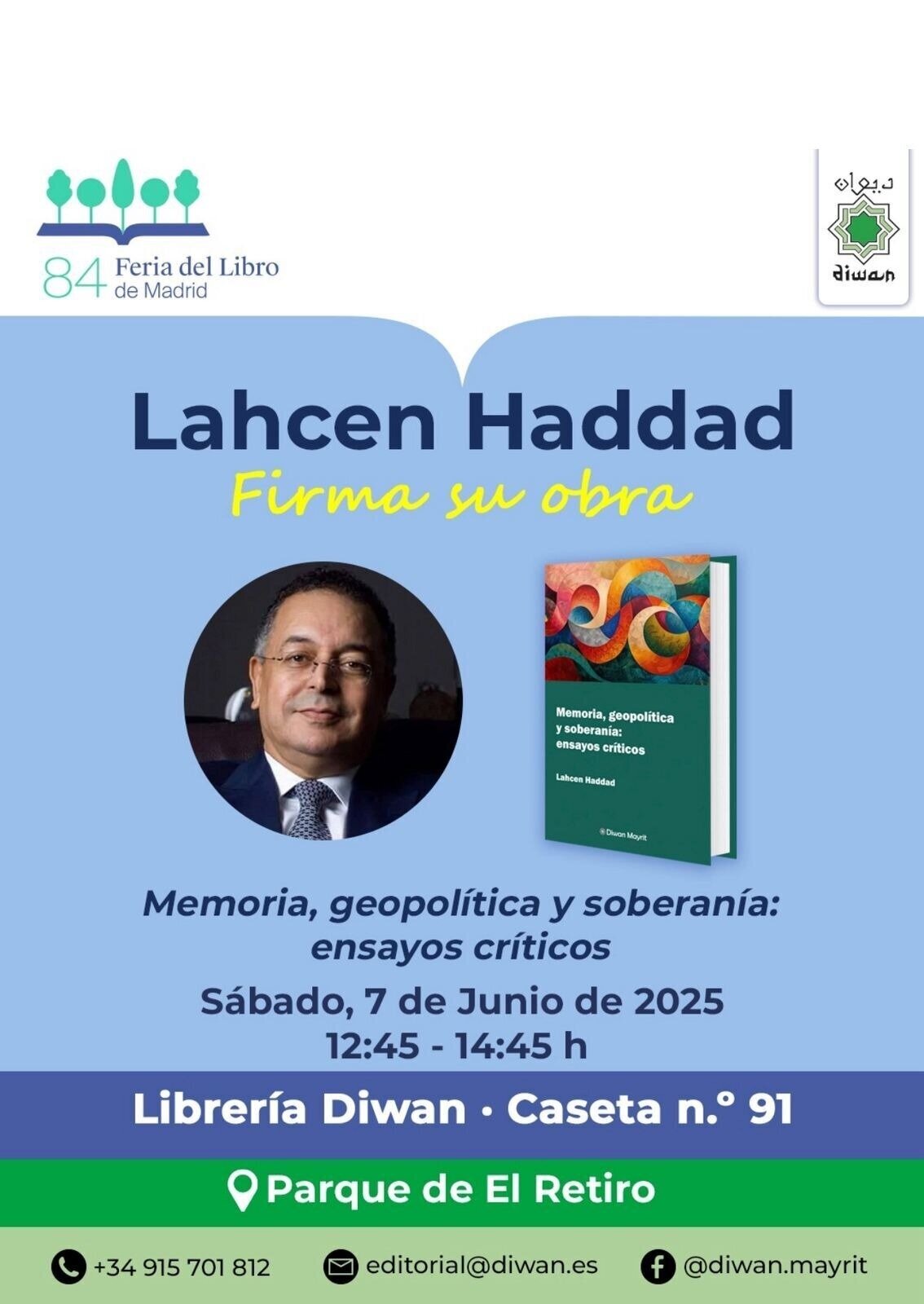
Economic development, the inclusion of women in the labour market, youth empowerment, territorial decentralisation, food security and the green transition are all part of his vision of a reformist, pragmatic and forward-looking Morocco. Haddad does not shy away from internal criticism, but he defends the Kingdom's achievements under the leadership of Mohammed VI as a model of stable, modern and African transformation.
In conclusion, Memory, Geopolitics and Sovereignty is both a political manifesto and an exercise in critical thinking. Lahcen Haddad not only defends Morocco against its detractors: he also challenges the West, Africa and the Arab world on their contradictions, their common challenges and the urgent need for a new geopolitical contract, where respect for sovereignty, justice and cooperation replace the tutelage, prejudice and mistrust inherited from colonialism.


